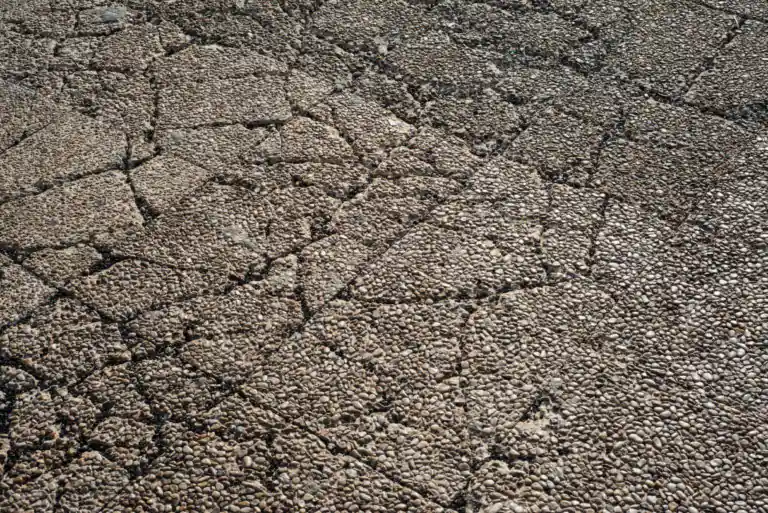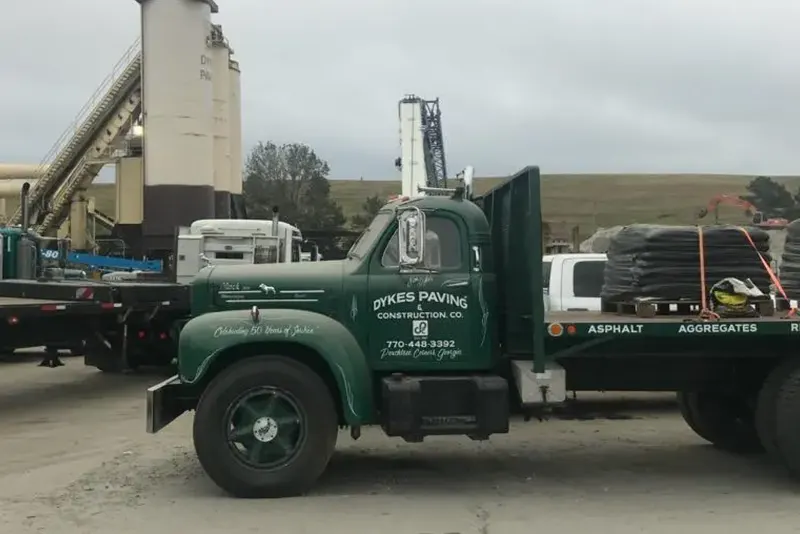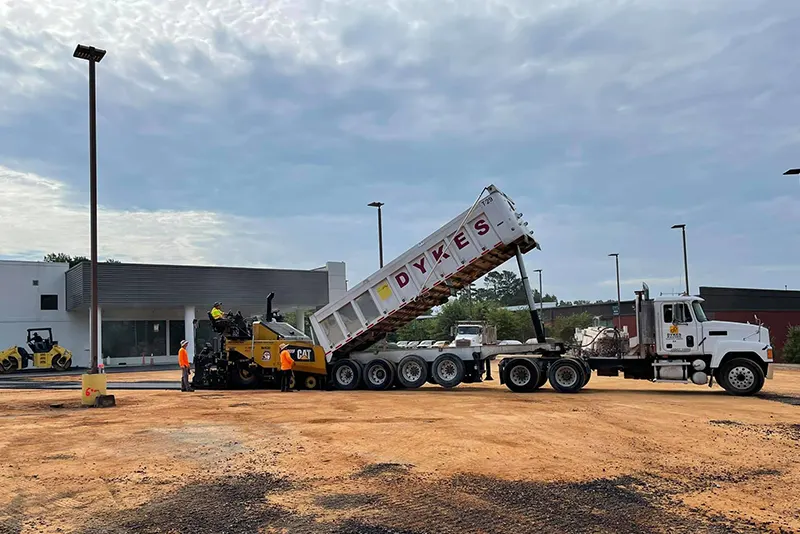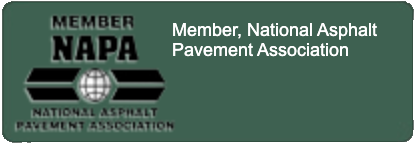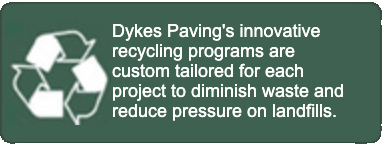The point of layering your driveway with asphalt sealers is to protect the surface area from wear and tear as the UV rays from the sun can cause the asphalt binding composition to breakdown overtime whereas regular rainfall and snow can cause the pavement to turn brittle and crumble. Generally, it is recommended that you apply a fresh layer of asphalt sealers every three years to keep your road looking newly paved. After all, regularly caring for and maintaining the condition of your driveway can potentially save you up to 100,000 in lifetime future repair costs.
Asphalt Emulsion Sealers
Asphalt emulsion sealers are asphalt-based and are popularly known as the environmentally-friendly alternative to protecting your driveway. However, it should also be noted that there are no known research or studies that have proven the pollution or hazards caused by paving one’s road with coal tar-based sealers. Asphalt-based sealants are better in terms of preserving air quality, smell better, prevent oxidization and do not cause skin irritation.
The drawback to applying asphalt emulsion sealers though is that it is prone to staining caused by oil or gas spillage. This sealer type also can only be applied between May to September for best curation time and are especially impossible to work on during the night time when the ambient temperature is at its lowest. The price of asphalt emulsion sealers is also extremely volatile due to the active demand for the product versus the limited amount of supply.
Coal Tar Sealers
Coal tar is the most popular asphalt sealer in the market as it is weather-resistant and provides a long-lasting shiny finishing. Like its namesake suggests, coal tar sealers contain a substantial amount of coal tar mixed in with other polymers and strengthening additives. This water-based sealant is manufactured by baking coal. Coke is then extracted from the baking process which then becomes the main component of coal tar sealers and is the reason why it is resistant to petroleum-based chemicals.
Unfortunately, coal tar sealers are also believed to have a long term detrimental impact on the health of local occupants as well as harm the environment. In June 2011, the Suffolk County Legislature have joined the states of Texas and Minnesota in officially approved a permanent ban on the sale of coal tar sealers as the sealer is believed to be contributing to water pollution and emits a harmful carcinogenic compound known as polycyclic aromatic hydrocarbon. As at this point of writing, companies such as Home Depot and Lowe’s have also halted the sale of coal tar sealers due to the potential liability.
Fast Dry Sealers
Fast dry sealers are meant to patch up roads with high traffic, such as parking lots and major roads leading to public areas such as gas stations and hospitals. The best thing about using fast dry sealers is that it curates in less than an hour, thanks to the additional geo-textile fibers added into the sealant. However, this also means that fast dry sealers are much costlier compared to other types of asphalt sealers. Purchasing this sealer type in small quantities will also prove challenging as most manufacturers of fast dry sealers deal directly with road works companies. When you do eventually find a source distributing this sealer type, you might want to buy in bulk and share the costs with your neighbours. Due to the high cost of material, you might also want to apply fast dry sealers on critically cracked areas on your pavement, followed by a cheaper type of asphalt sealer.
Acrylic Sealers
Another expensive type of asphalt sealer is known as acrylic sealers, which is the epitome of what the perfect asphalt sealer should be. Acrylic sealers are easily identifiable due to its varying degrees of colour, as it can be shaded in black, red, green or clear colouring. These sealers are typically applied onto outdoor tennis and basketball courts as well as shopping mall parking lots. Acrylic sealers are UV resistant, highly durable and impervious to harsh environmental conditions.
Acrylic sealers also do not contain any petroleum by products, which means that it is environmentally friendly as well. Another great benefit of this sealer is that it only has to be reapplied every seven years as well, thereby contributing to savings in terms of maintenance costs.
Defining Quality Sealers
While it would be tempting to plainly opt for the highest quality sealer with the equally high price tag, a better way of selecting the appropriate asphalt sealer for your own use would be to simply look at the warranty duration. Generally, anything with a five to six year warranty would be a safe bet. If you have an ample budget, you might also want to consider opting for a sealer with additional acrylic polymers thrown in as well, as some of these products come with an impressive seven to ten year warranty.
In terms of pricing, asphalt sealers tend to command higher pricing as it is environmentally safer and lasts longer as well. Although it is possible to get a 5-gallon pail of asphalt-based coating for less than USD10, do keep in mind that this layering will probably only last for one season. On the other hand, a decent quality asphalt sealer should cost you anywhere between USD12 to USD15 with a coverage ranging from 250 to 350 square feet. Regardless of whichever type of asphalt sealer you choose, one thing for sure is that the total cost of maintaining the driveway on your own will save you up to 65% of the cost for professional maintenance.
DIY Asphalt Sealing Advice
If you intend to repair and maintain your own driveway, then you should do your due diligence and take some time to study the instructions on how you can prep the asphalt sealer before application. Some asphalt sealers can be directly applied on to the pathway whereas others may require thinning, special handling or curing before application. When in doubt, it is always best to first seek professional advice before starting on your project.

